The message that resonated throughout RootsTech 2024's Impact Forum was clear: stories matter. You will want to read on if you're curious about how stories shape our understanding of ourselves, our families, and our communities. Let's delve into the insights shared by speakers during this enlightening event.
What if I don't feel like my family has a story? How can kids get involved in genealogy at school? How can children in foster care benefit from their family history? These were just some thought-provoking questions discussed during RootsTech 2024's Impact Forum.
Watch the full forum here (free on RootsTech.org), or read more below.
The Importance of Individual Stories
Everyone has stories, and Dr. Robyn Fivush, Professor of Psychology at Emory University and director of the Family Narratives Lab, wants to make sure you know it.
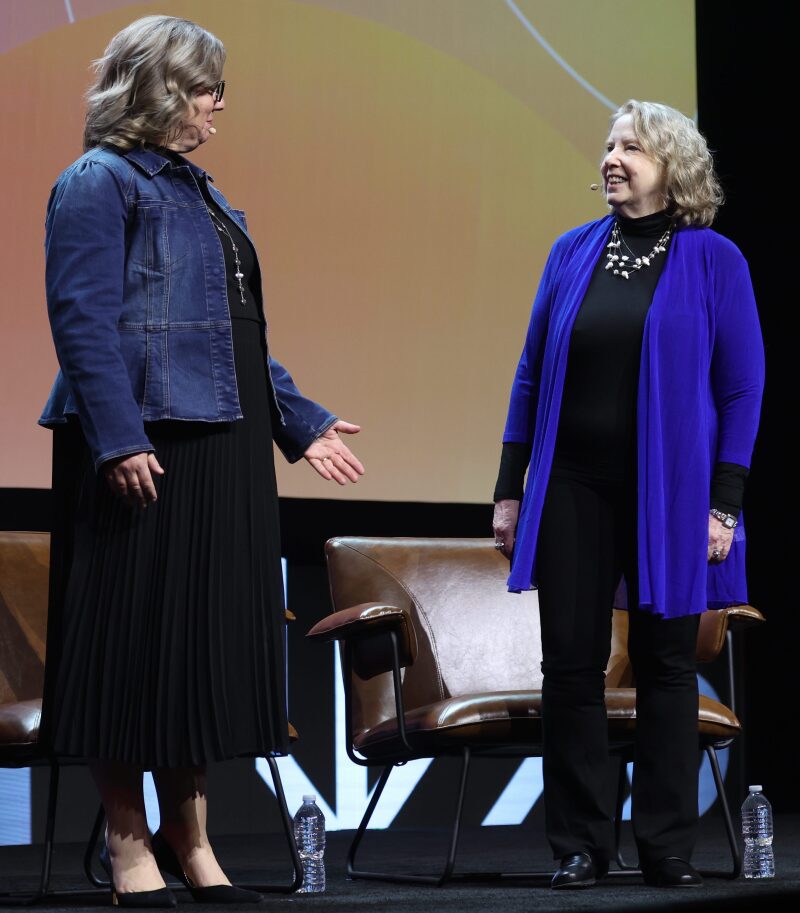
Imagine sitting around the dinner table with your family. Do you share stories about your day, your experiences, your dreams? These everyday conversations, known as "Today I..." stories, may seem simple, but they are significant in shaping familial bonds and a sense of belonging.
But it doesn't stop there. Dr. Fivush's research reveals something even more impressive. They found that families who actively share intergenerational stories often see positive outcomes in their children. These stories contribute to higher levels of self-esteem, better academic performance, and even lower levels of depression and anxiety.
Get involved: Here's a fun resource that you can use for a family activity. This simple 20-question activity created by Dr. Marshall Duke and Dr. Fivush will guide you and your loved ones in starting to share stories. Go ahead and give it a try!

How We Frame Our Stories Matters
Dr. Jody Koenig Kellas, Professor of Communication Studies at the University of Nebraska-Lincoln and founder of Narrative Nebraska, takes the conversation a step further, highlighting the importance of how we frame and communicate our stories.
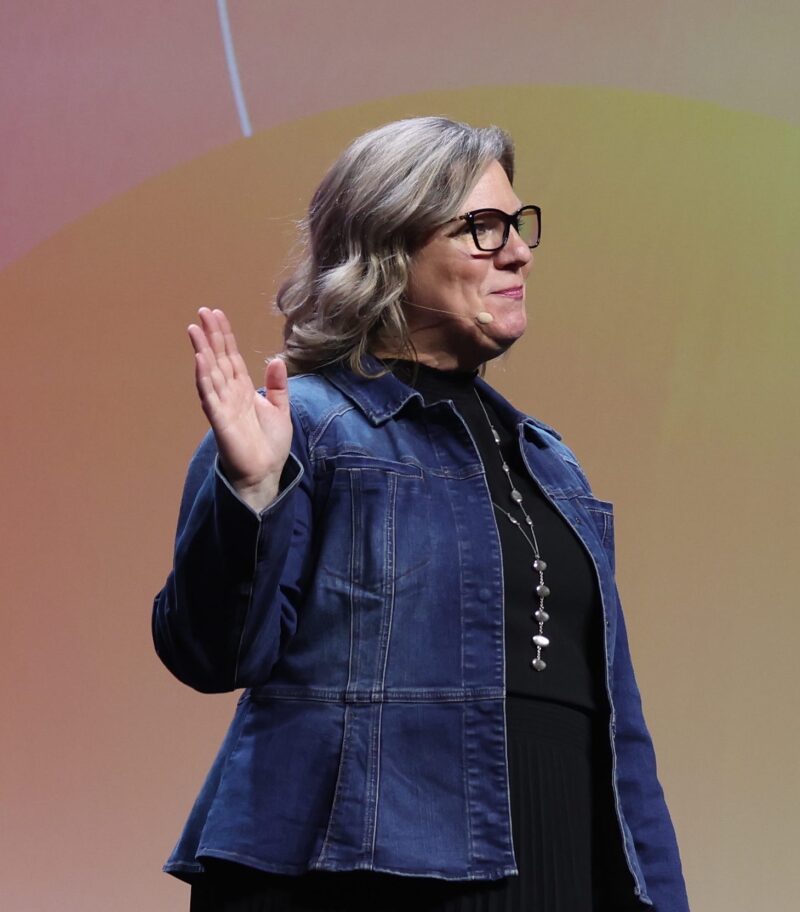
When your family shares stories, how do you engage with them? Do you take turns speaking, allowing each member to contribute their perspective? When families engage in intergenerational storytelling, 4 key elements are crucial for fostering positive outcomes: engagement, turn-taking, coherence, and perspective-taking. Are you interested in learning more? Watch the forum here.
Dr. Kellas highlights the power of framing stories in positive ways, even when discussing challenging events. "Not all stories and not all storytelling are created equal," she explains. "Families who can frame their stories in positive hopeful, resilient ways…tend to be higher on those markers of individual mental health and…family satisfaction."
The next time your family gathers around to share stories, consider what stories you tell and how you tell them. By framing stories positively and resiliently, you enrich your family's storytelling experience and contribute to individual and familial well-being.
A New National Family History Curriculum for Children
Lindsay Fulton, chief research officer at American Ancestors, shared exciting news: American Ancestors has created a National Family History curriculum for grades 4–8.
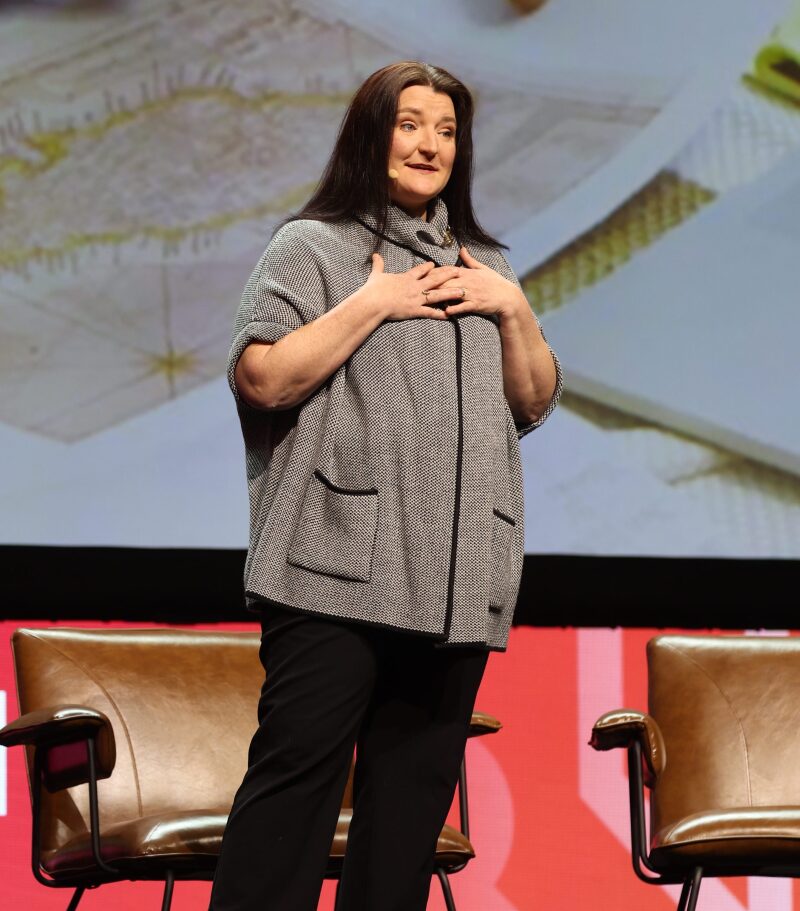
The curriculum equips students with essential research skills, transforming them from passive learners to active participants in their family history journeys.
Learning about family history is just as important as the information itself; Lindsay Fulton explained, "Knowing stories about your family has an incredible and quantifiable impact on young people. But that positive impact doesn't come from the content of the answers; it’s the process of learning those stories that results in the greatest personal growth."
Teachers and families play a vital role:
- Teachers: By providing resources, integrating the curriculum, and fostering inclusive classrooms, educators can empower students to explore their heritage.
- Families: Share stories during "dinner time genealogy," and encourage children to participate in research.
This collaborative effort between educators, families, and innovative programs like the National Family History curriculum has the potential to transform history from a passive subject into an engaging and empowering journey of self-discovery.
If you're interested in the National Family History curriculum designed by American Ancestors, learn more about this exciting initiative here.
Preserving Immigrant History on Ellis Island
Jesse Brackenbury, President and CEO of the Statue of Liberty-Ellis Island Foundation, shared insights into the ongoing restoration work at Ellis Island and stressed the importance of preserving immigrant history.
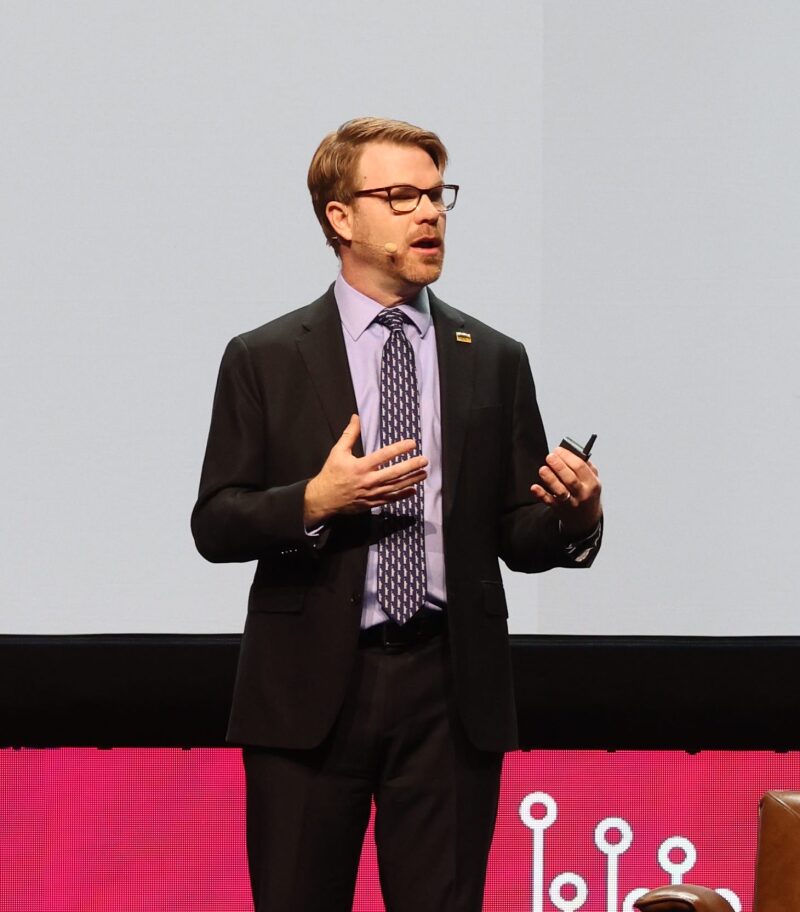
Through projects like the Wall of Honor and the American Family Immigration History Center, aimed at honoring the journeys and contributions of immigrants to America, the foundation provides a platform for individuals to connect with their ancestral roots and learn about their family's history.
Brackenbury highlighted the Foundation’s collaboration with FamilySearch. He said, "In 2001, we opened the Ellis Island Museum in the American Family Immigration History Center, and this project helped spark interest in genealogy worldwide. With FamilySearch’s help, we scanned all of the Ellis Island arrival records, and… that process of finding a family member is so powerful."
This partnership created a comprehensive index of 25 million individuals who arrived at Ellis Island from 1892 to 1924. Accessible through FamilySearch, this index allows people to view images of arrival lists on the Statue of Liberty-Ellis Island website, providing a massive resource for those tracing their family history.
If you're curious about whether your ancestors passed through Ellis Island, you can check it out here: Ellis Island Arrival Records.
Connecting Foster Children with Their Family Stories
Dr. Jennifer Jacobs, CEO and Cofounder of Connect Our Kids, sheds light on the significant impact of reconnecting foster children with their family stories, nurturing their sense of self-worth and identity.
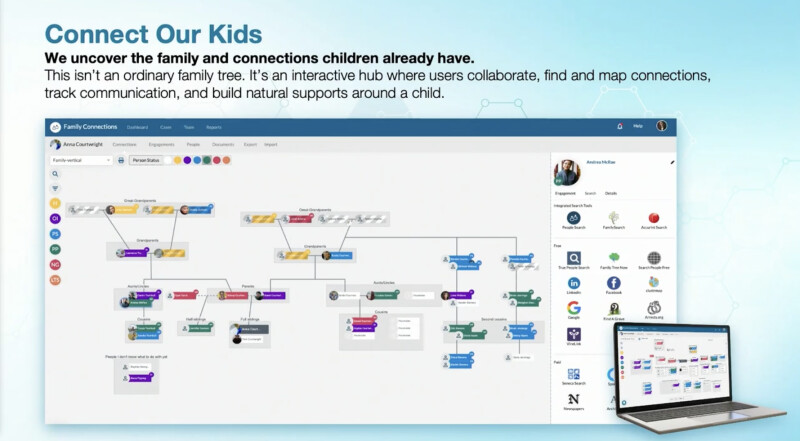
Connect Our Kids uses innovative technology to bridge the gap, creating connections between foster children and their extended families, potential adoptive families, and other important individuals.
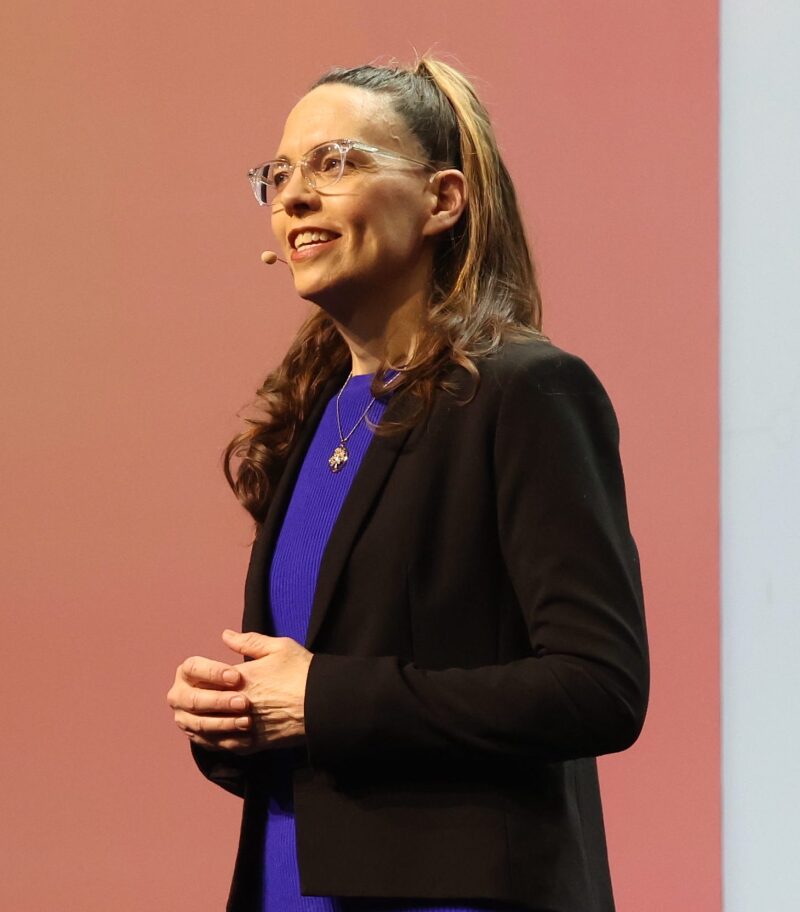
"Our relationships matter," Dr. Jacobs emphasized. Quoting Dr. Robert Waldinger, who directed a study on the health effects of relationships, she said, "Loneliness kills—it's as powerful as smoking or alcoholism." By fostering these connections, Connect Our Kids helps children feel a sense of belonging and understanding.
Reconnecting with family stories and relatives also plays a crucial role. Understanding their "who, what, where, and why" empowers children to build a stronger sense of identity and develop a positive outlook on their future.
Learn more about Connect Our Kids and their impactful work here.
Reflecting on the insights shared during RootsTech 2024's Impact Forum, one thing becomes clear: our stories, connections, and understanding of our past shape who we are and who we can become. By embracing our stories and fostering meaningful connections, we enrich our lives and create a brighter future for generations to come.
At FamilySearch, we care about connecting you with your family, and we provide fun discovery experiences and family history services for free. Why? Because we cherish families and believe that connecting generations can improve our lives now and forever. We are a nonprofit organization sponsored by The Church of Jesus Christ of Latter-day Saints. To learn more about our beliefs, click here.


